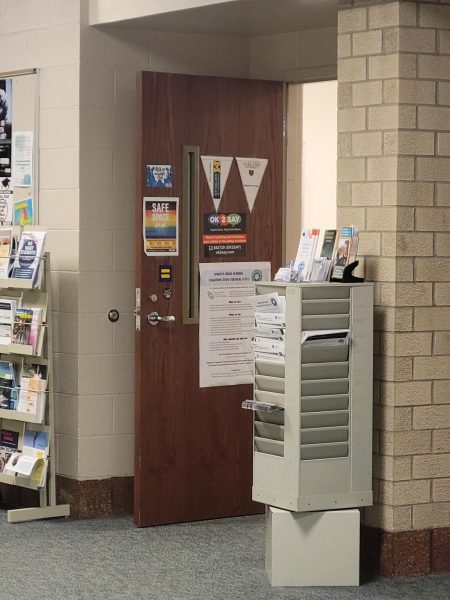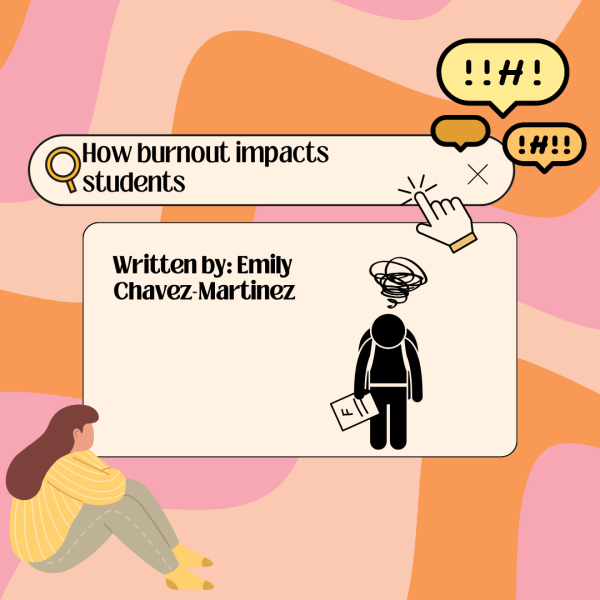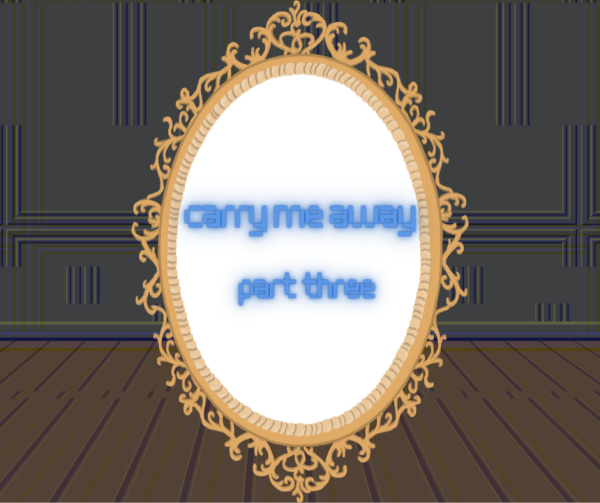College Board: A “Non-Profit” Monopoly
College Board Acorn, who believe “the road to college should come with directions.”
The College Board is a non-profit organization. Yet, why does it have such a monopoly on education? According to the College Board’s own definition of a monopoly: “A monopoly is a market structure where one company or seller has complete control over the market, and has very limited to no competition, often resulting in high prices and low-quality products.”
Each AP exam costs $94. The SAT and ACT as well cost $52 but $68 with the essay. So, if you were to take (for example) 1 AP class exam, the SAT and ACT with the essay, you’d be giving the college board $230. That’s without the cost of prep books you need as well to prepare. Because of these heavy fines, the College Board’s executive salaries range from $300,000 to $500,000 a year. The reason why they are allowed to charge this much for testing, is because the College Board is the only organization to run SAT, ACT, and AP testing. Despite there being other organizations like the College Board, these tests are required for most students to get into college or even graduate high school. This is the part that makes the College Board a monopoly.
In an interview with an anonymous student at Dakota high school, their opinion on the College Board and AP testing is this: “I have the privilege to be able to take AP classes and get a head start towards college. However, others do not, as they can be withheld from this opportunity due to financial costs...” They also stated that “I learn lots of content that is supplied through advanced material. However, I believe the class prepares me more for the test than college.”
According to the College Board’s mission statement: “The College Board is a mission-driven not-for-profit organization that connects students to college success and opportunity.” Yet, the college board is more of a monopolistic business rather than a generous service, not because it provides a reasonably-priced service, but rather because it provides what colleges want, leaving students no choice. The College Board’s main customer is not students, but rather schools.
In conclusion, the College Board’s AP economics also states that “…Monopolies can cause market failures when they use their market power to engage in behavior that restrains competition.” With this being noted, it is also proven here that the College Board’s monopoly on education does exist.
Your donation will support the student journalists of Dakota High School. Your contribution will allow us to purchase equipment and cover our annual website hosting costs.

Kristin Cowden is a senior at Dakota high school. This is her second year writing for the Dakota Planet, and her first year of being the managing editor...













Dom Monacelli • Dec 5, 2021 at 9:32 am
The main problem I have with College board is how your success isn’t purely based on your knowledge. You have to pay in order to get the opportunity to show your knowledge in the first place. Great writing as always.
Josh Voss • Dec 3, 2021 at 12:43 pm
I always pictured the people at College Board to be the Vogons from The Hitchhiker’s Guide to the Galaxy… the terrible poetry and a knack for bureaucratic quagmire is near identical.